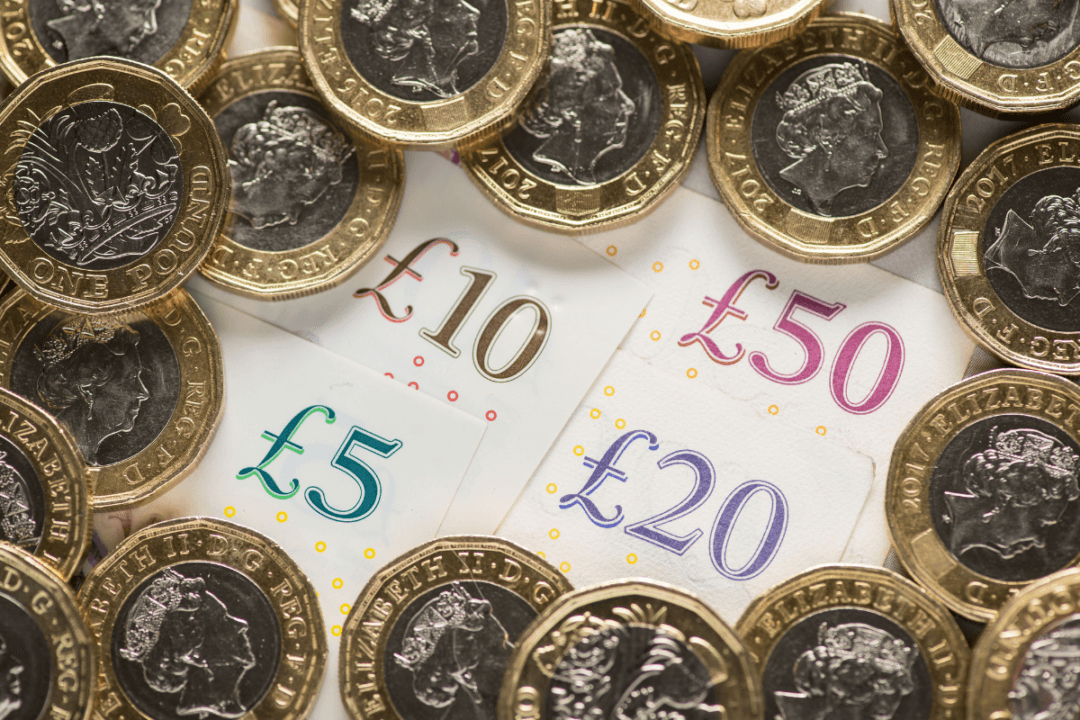An almost 10 percent rise in the minimum wage could result in a longer wait for the Bank of England (BoE) to reduce interest rates and slow the predicted fall in inflation, economists have warned.
“The fear is that the rise this year will contribute to stickier wage growth and inflation,” said economist Ashley Webb from consultancy firm Capital Economics on Monday.
The BoE’s Monetary Policy Committee (MPC), which is responsible for formulating monetary policy, also indicated it wants to see wage growth cooling before it cuts interest rates from 5.25 percent.
“Following accusations that policymakers were behind the curve in tightening policy when inflation was heading up, the MPC may well decide it’s appropriate to exercise further caution in bringing rates down,” said Chief Economic Adviser Martin Beck from the EY Item Club, an economic forecasting group.
Wage Rise ‘Not Key’
However, economists from Morgan Stanley think that the rise in the minimum wage is “not key,” as it affects only around 4.9 percent of the workforce.Meanwhile, the pay rise, coupled with cuts to national insurance and slower inflation, could be a boost for retainers, according to PwC.
In November, Chancellor of the Exchequer Jeremy Hunt announced that the living wage—the minimum wage for those aged 21 and over—would rise by 9.8 percent to £11.44 an hour from April 1, affecting nearly 3 million workers in the UK.
Inflation Down to 3.4 Percent
Inflation had peaked at 11.1 percent when Rishi Sunak became prime minister in October 2022, before dropping over the last year.“The families today will heave a sigh of relief that we are firmly on track to bringing inflation down to its target 2 percent,“ Mr. Hunt said last month, noting, ”This is the lowest headline rate for two-and-a-half years.”
The main driver of this fall was food prices, with Mr. Hunt saying the easing of food inflation was “most encouraging.”
“This sets the scene for better economic conditions which could allow further progress on our ambition to boost growth and make work pay by bringing down national insurance as we work towards abolishing the double tax on work,” Mr. Hunt said.
Inflation Unchanged at 5.25 Percent
However, on March 22, the BoE voted to keep interest rates unchanged at 5.25 percent.While bank Governor Andrew Bailey said there had been “encouraging signs that inflation is coming down,” the BoE held rates again “because we need to be sure that inflation will fall back to our 2 percent target and stay there.”
“We’re not yet at the point where we can cut interest rates, but things are moving in the right direction,” Mr. Bailey added.
“Inflation has come down. It’s come down as we expected,“ Mr. Bailey said.
“I do want to give this message very strongly, we’ve had very encouraging and good news so I think we can say we’re on the way,” he said.
The BoE uses interest rates to keep inflation under control. When interest rates go up, less money is spent. When spending in the economy drops, price rises begin to slow down. This then brings down inflation.







